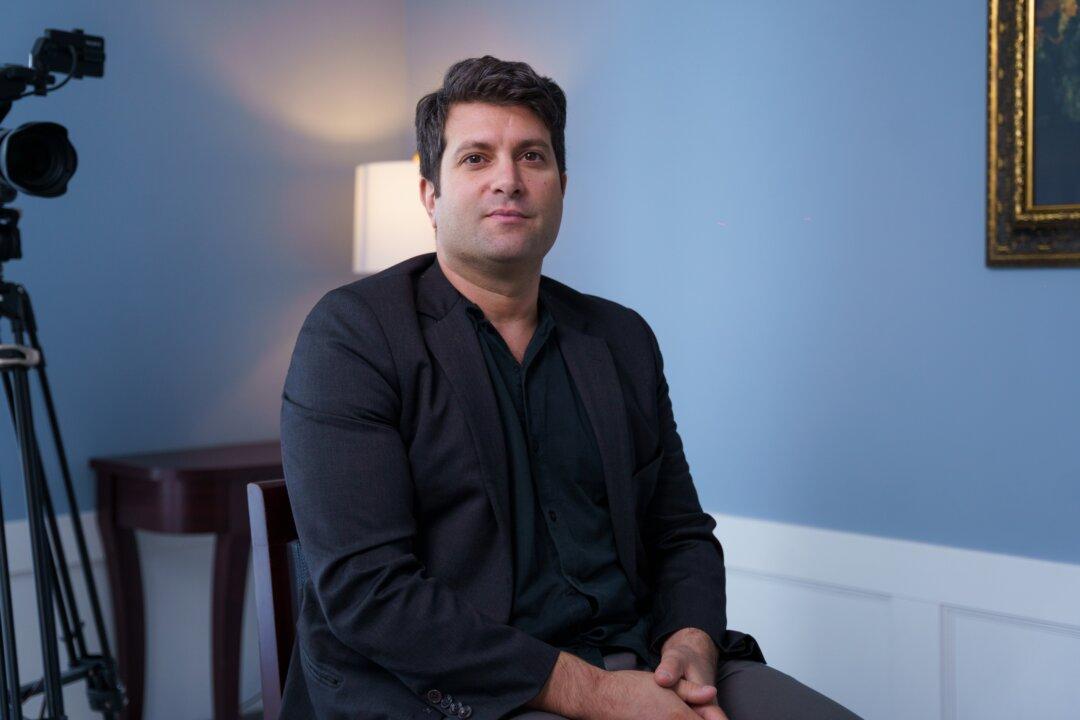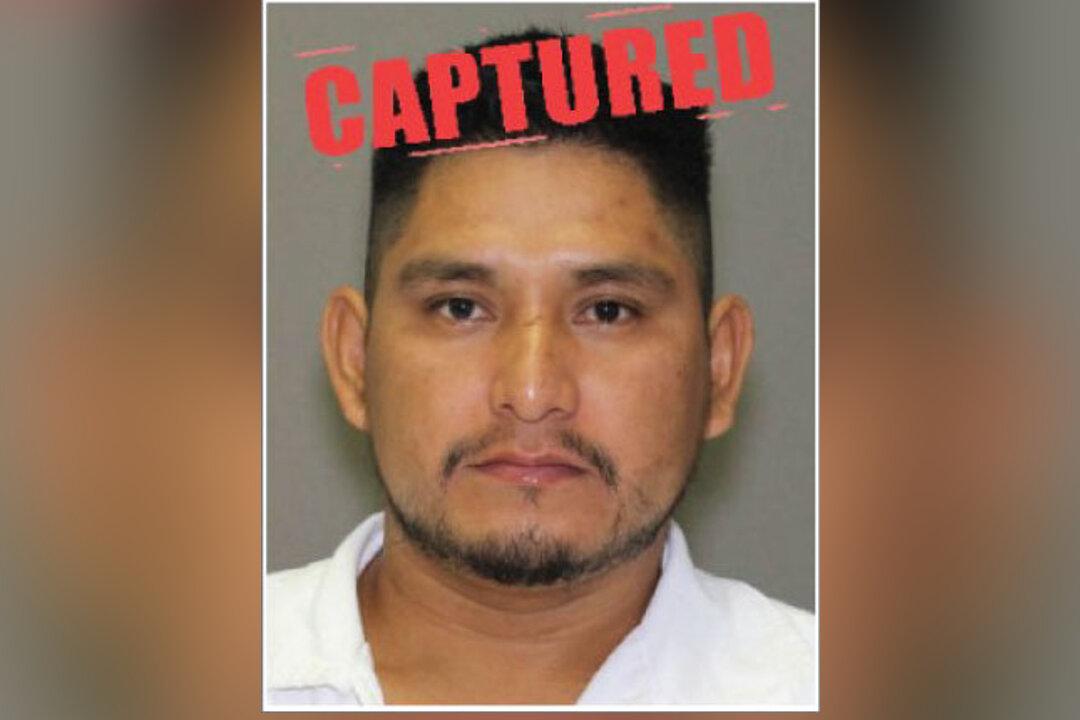We are facing a “whole of society” attack on truthful information, deemed dangerous by a ruling class that treats democracy with “utter contempt,” says Tablet magazine editor Jacob Siegel.
Mr. Siegel spoke with EpochTV’s “American Thought Leaders“ program about the censorship effort, which he says is being used by a technocracy to retain power.






